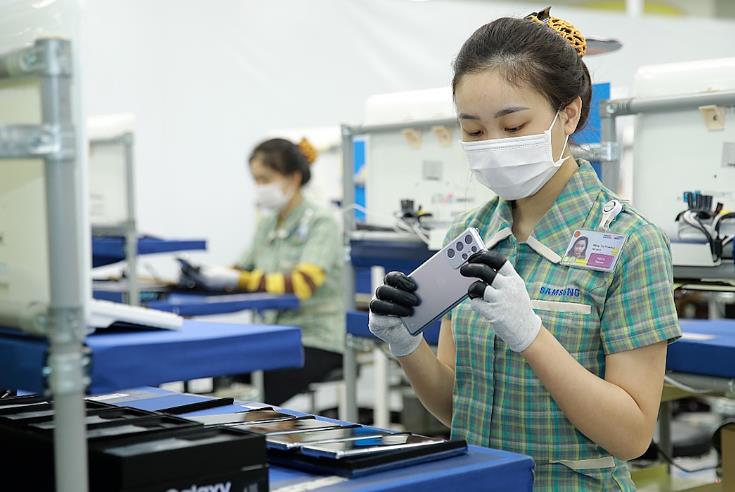What is EMS PCBA? — The Core Link in Electronic Manufacturing Services
In today’s electronic product manufacturing, EMS (Electronic Manufacturing Services) and PCBA (Printed Circuit Board Assembly) are two closely related concepts that have become indispensable parts of modern electronic manufacturing. They not only help enterprises improve product quality and production efficiency but also effectively reduce production costs. This article will explore the definition, workflow, advantages, and applications of EMS PCBA, providing readers with a better understanding of this crucial process.
Definitions of EMS and PCBA
EMS (Electronic Manufacturing Services) refers to the full range of manufacturing services provided by companies or suppliers for electronic products. EMS companies are typically responsible for various stages, including product design, material procurement, production, assembly, testing, and final packaging. By partnering with EMS companies, enterprises can outsource the production process, focusing on product development and marketing while reducing operational costs and increasing production flexibility.
PCBA (Printed Circuit Board Assembly) refers to the process of mounting electronic components such as resistors, capacitors, and chips onto a printed circuit board (PCB). PCBA is the core functional component of electronic products, and the operation of nearly all electronic devices depends on the efficient functioning of PCBA. Therefore, the quality of PCBA directly impacts the performance and stability of the product.
Workflow of EMS PCBA
In the services provided by EMS companies, PCBA production and assembly are crucial stages. The entire EMS PCBA process includes several key steps:
Design and Prototype Production: Before starting production, EMS companies create PCB designs according to the client’s requirements. Using advanced design software, they ensure the layout and functionality of the circuit board meet the client's specifications.
Component Procurement: Based on the design specifications, EMS companies are responsible for sourcing high-quality electronic components globally. The accuracy of this step is critical, as it directly affects the overall performance of the PCBA.
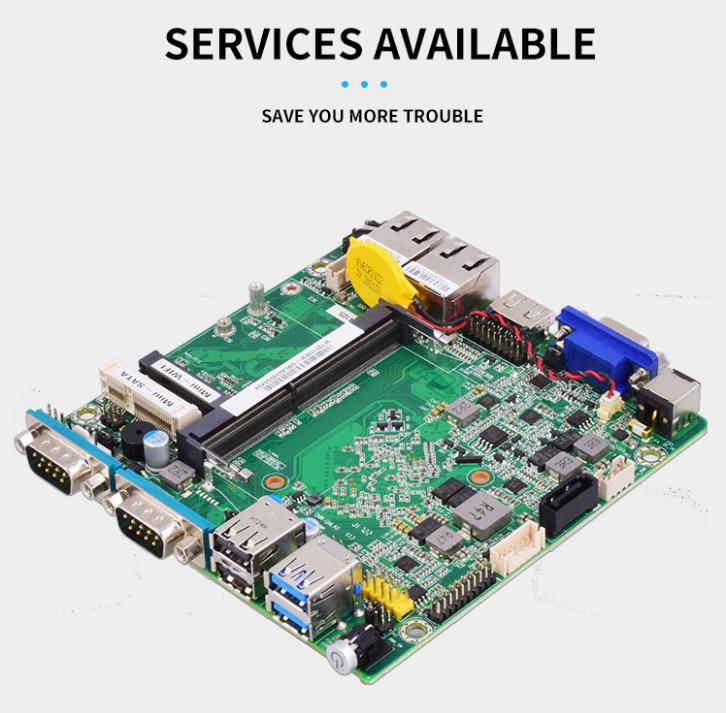
PCB Soldering and Assembly: This is the most important step in PCBA production. Electronic components are mounted onto the PCB using a combination of automated placement machines and manual soldering, establishing electrical connections.
Functional Testing and Quality Control: Each completed PCBA undergoes rigorous testing to ensure proper electrical connections and functionality. Testing includes both automated and manual methods.
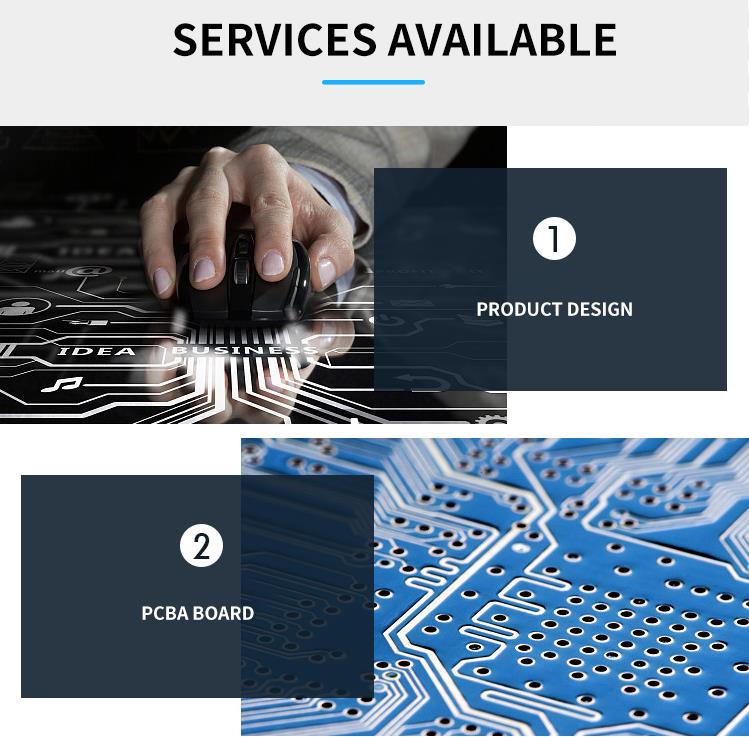
Final Inspection and Packaging: All PCBA units that pass testing undergo a final inspection to ensure there are no physical defects. They are then packaged and prepared for delivery to clients.
Advantages of EMS PCBA
Cost Efficiency: By outsourcing to specialized EMS companies, enterprises can save on equipment investment, labor, and management costs, significantly reducing overall production expenses.
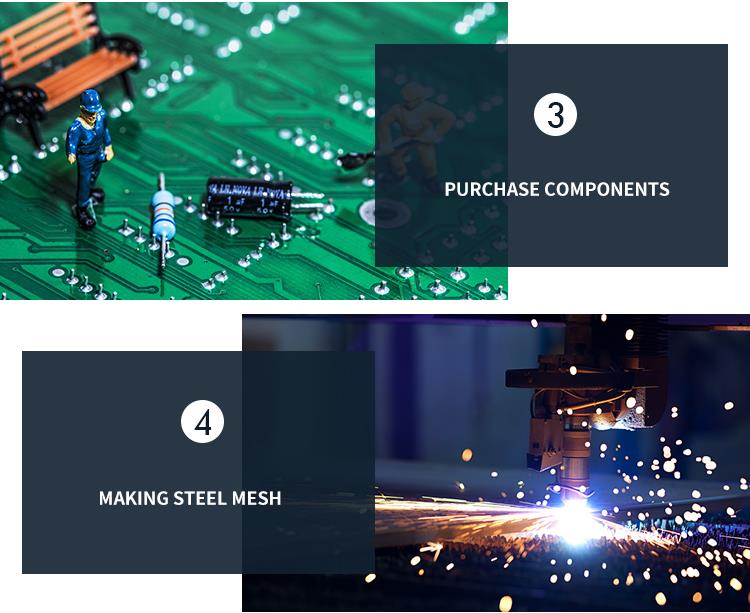
Improved Production Efficiency: EMS companies utilize advanced production lines and equipment to complete large volumes of PCBA production and assembly in a shorter time. The use of automation greatly enhances production efficiency.
Quality Assurance: EMS companies usually have comprehensive quality management systems and testing methods to control the entire production process. Each PCBA undergoes thorough testing to ensure it meets industry standards.
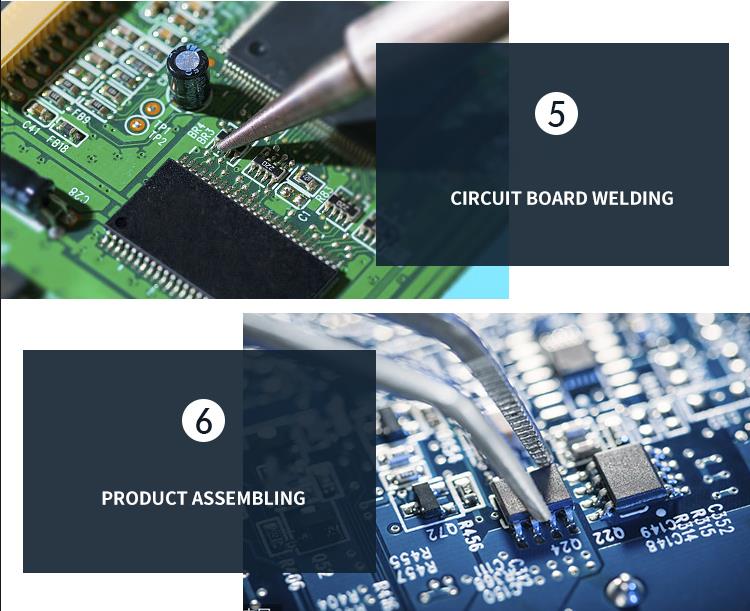
Flexibility and Scalability: EMS companies can adjust production scales based on client needs. Whether it’s small-batch prototype production or large-scale mass production, they can respond flexibly.
Technical Support and Innovation: EMS companies often have strong R&D capabilities and can provide technical support in PCBA design and manufacturing processes, helping clients enhance the technological content of their products.
Applications of EMS PCBA in Various Industries
EMS PCBA is widely used across various industries, particularly in consumer electronics, automotive electronics, telecommunications equipment, and medical electronics. In the consumer electronics field, devices such as smartphones, televisions, and computers rely on high-quality PCBA to ensure stable functionality. In the automotive industry, as in-vehicle electronic systems become more widespread, the role of PCBA is growing, with advanced driving assistance systems and in-car entertainment systems all relying on PCBA.
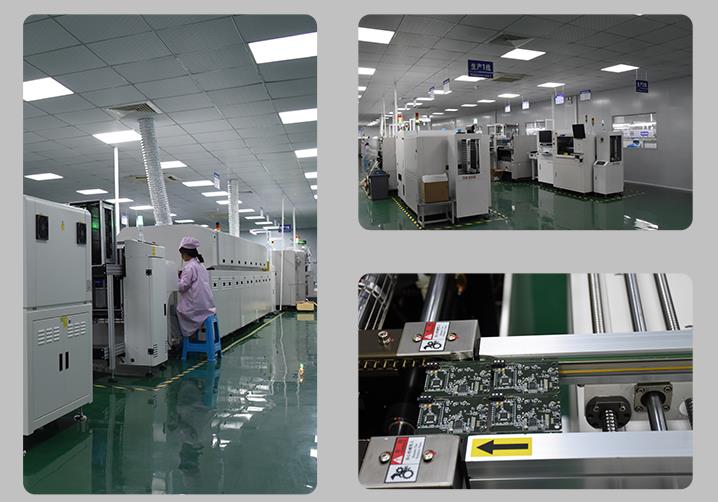
In the medical industry, the high precision requirements of medical devices demand even higher standards for PCBA quality. For example, pacemakers, medical monitors, and other devices depend on reliable PCBA to ensure precise functionality. Furthermore, with the development of smart homes and the Internet of Things (IoT), the application scope of PCBA is expanding, becoming a core component in various smart devices.
EMS PCBA, as a key component of modern electronic manufacturing, not only enhances production efficiency and product quality but also drives technological advancement in many industries. From smartphones to automotive electronics and medical devices, PCBA is indispensable in electronic products. With growing market demand and technological advancements, EMS PCBA will play an increasingly important role in the future of electronic manufacturing, becoming a key force in driving innovation and development in the electronics industry.


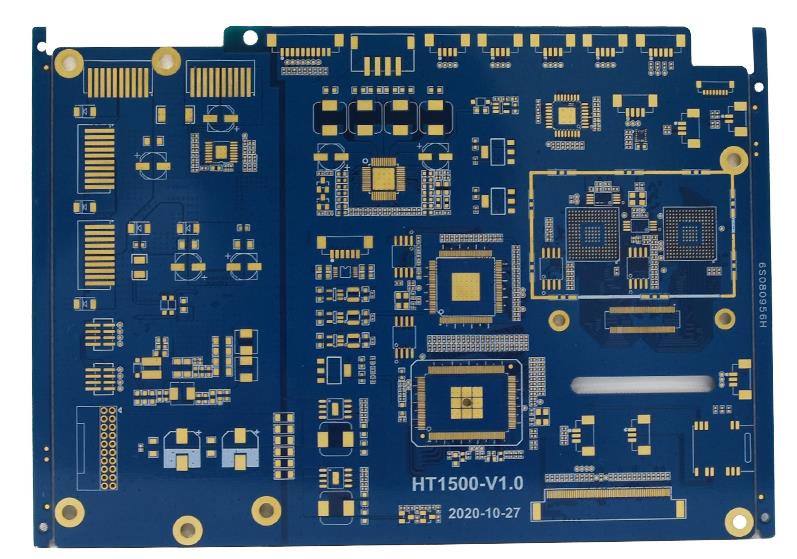
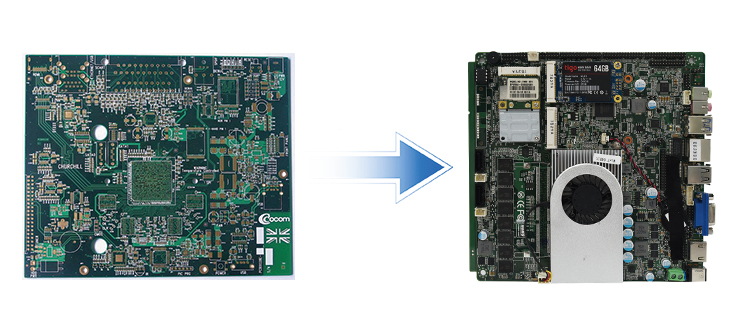
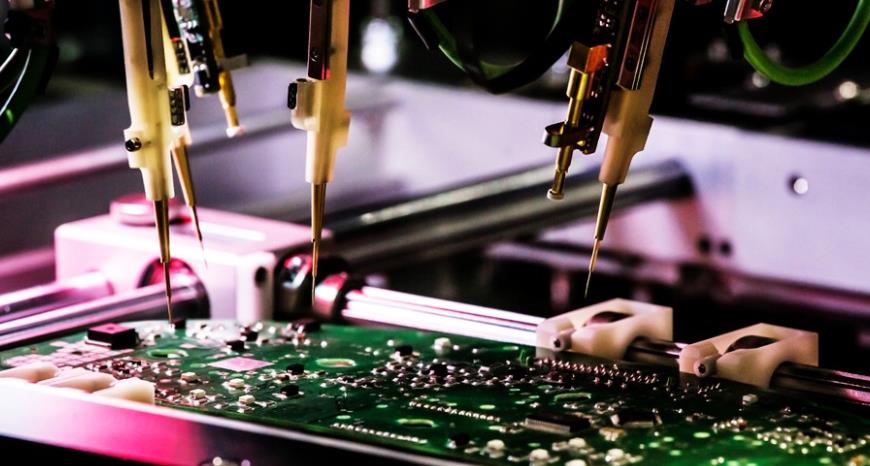
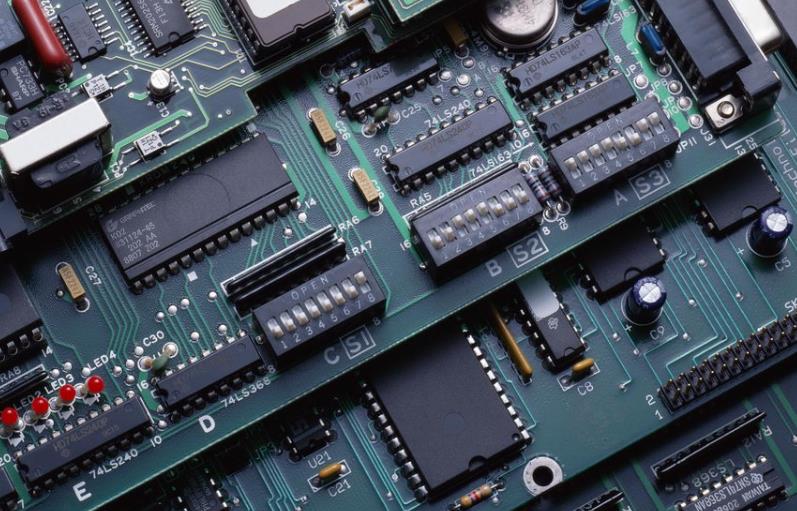
![What is the difference between PCBA and PCB? [Chart Explanation] What is the difference between PCBA and PCB? [Chart Explanation]](https://www.neweiodm.com/uploadfile/2024/0622/thumb_360_270_40266a5f71ff59f.png)

